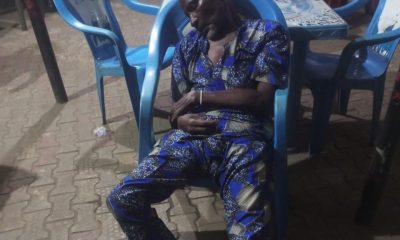Business
FG insists Nigeria Air ‘ll fly before May 29
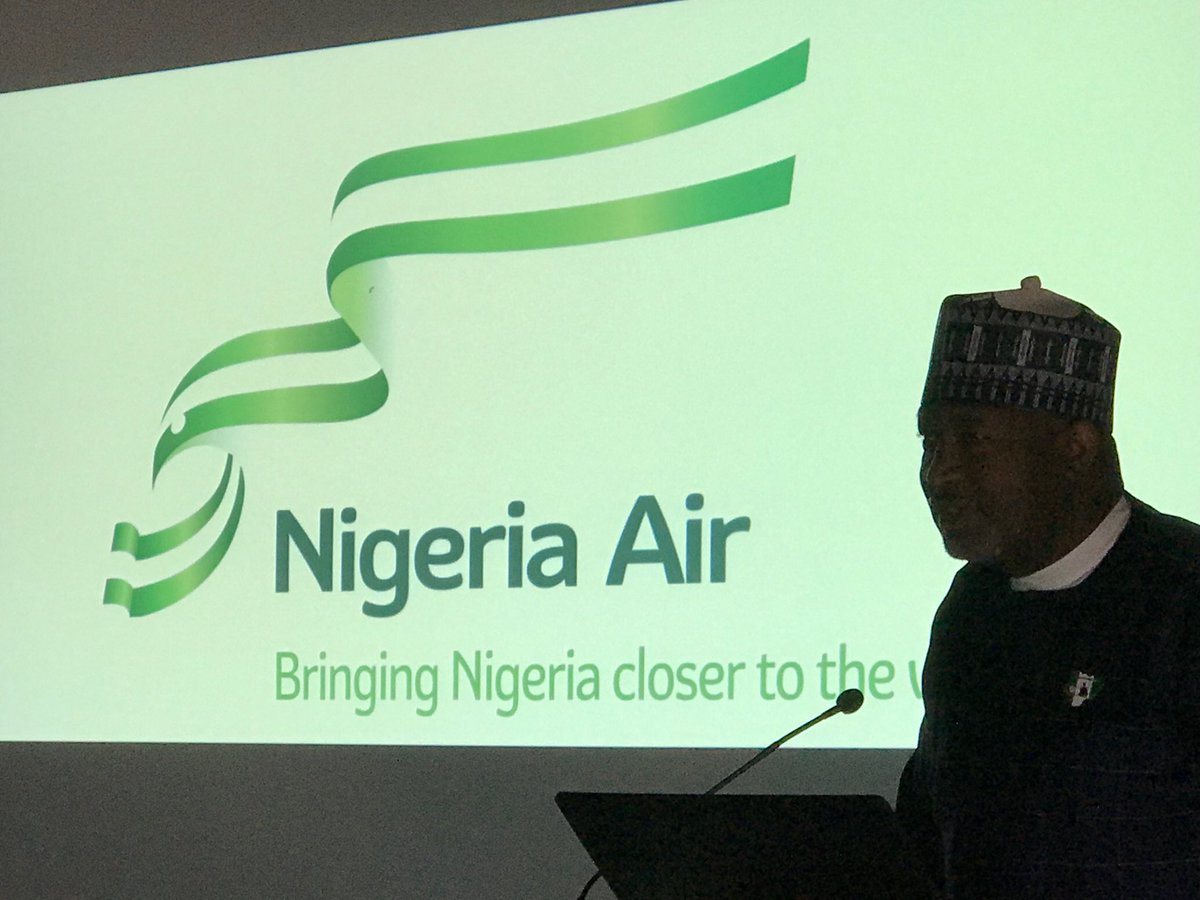
About few days to the end of President Muhammadu Buhari-led administration, the Federal Government, Monday, insisted that the national carrier, Nigeria Air will fly before May 29.
The Federal Government has also granted approval to an online university and 36 other private universities, just as the Minister of Education, Mallam Adamu Adamu has declared that the country needs more universities.
Fielding questions on the possibility of Nigeria Air becoming operational before May 29 when the administration of President Buhari will come to an end, the Minister of Aviation, Senator Hadi Sirika emphatically said that the national carrier will fly before the exit of the government.
He simply said, “Yes, we are on course, we’re on course, and by the grace of God before President Buhari leaves office, it will fly. We are on course, we are on course and before May 29, it will fly.”
The Minister also said the federal government gave approval to N3,197,127,22.72 for the procurement and installation of Taxi Waylights and Photometric Pattern in three airports and some other equipment all over the country.
Briefing State House correspondents at the end of the Extraordinary Federal Executive Council, FEC, meeting presided over by Vice President Yemi Osinbajo, at the Council Chamber, Presidential Villa, Abuja, Senator Sirika explained that the equipment would be installed in Port Harcourt, Lagos and Abuja airports.
He said, “So today in council, something very significant has happened in the world of civil aviation. Part of our roadmap, the aviation leasing company has been established and approved by council.
“A second memo was also a contract for procurement, an installation of taxi waylights in the system and photometric pattern in Port Harcourt, Lagos and Abuja and some other equipment all over the country.
“And this contract is in the total sum for the photometric and taxi waylights system N3,197,127, 22.72 billion with an eight-month period and the contractor Mssrss KSR3 Global Ledger Limited,” the minister said.
Showing the approval, the minister said, entrepreneurs in civil aviation will have access to these equipment at affordable rates in Nigeria, and this is part of the roadmap, adding that, the roadmap is gradually coming to 100 per cent completion.
Also briefing, the Minister of Education, Mallam Adamu Adamu said the Council approved 37 new universities, adding that the number has brought to 72 the total number of universities licensed by the Buhari administration since 2015.
Although he did not name the universities, he revealed that one of them is an online university, the first of its kind in Nigeria, and owned by a woman from Bauchi State, with the expectation that it will cater for the likes of northern Muslim women who feel reluctant or are restrained from attending physical campus education.
Asked by journalists if the additional universities are really expedient given the funding challenges of existing ones, Adamu explained that these ones are all private, with enough funds to run them and they should not be denied the opportunity to exist.
Besides, he said Nigeria actually needs more universities as the available ones are not adequate to take up all those aspiring for higher education.
Business
Nigeria to stop petrol importation in June, says Dangote
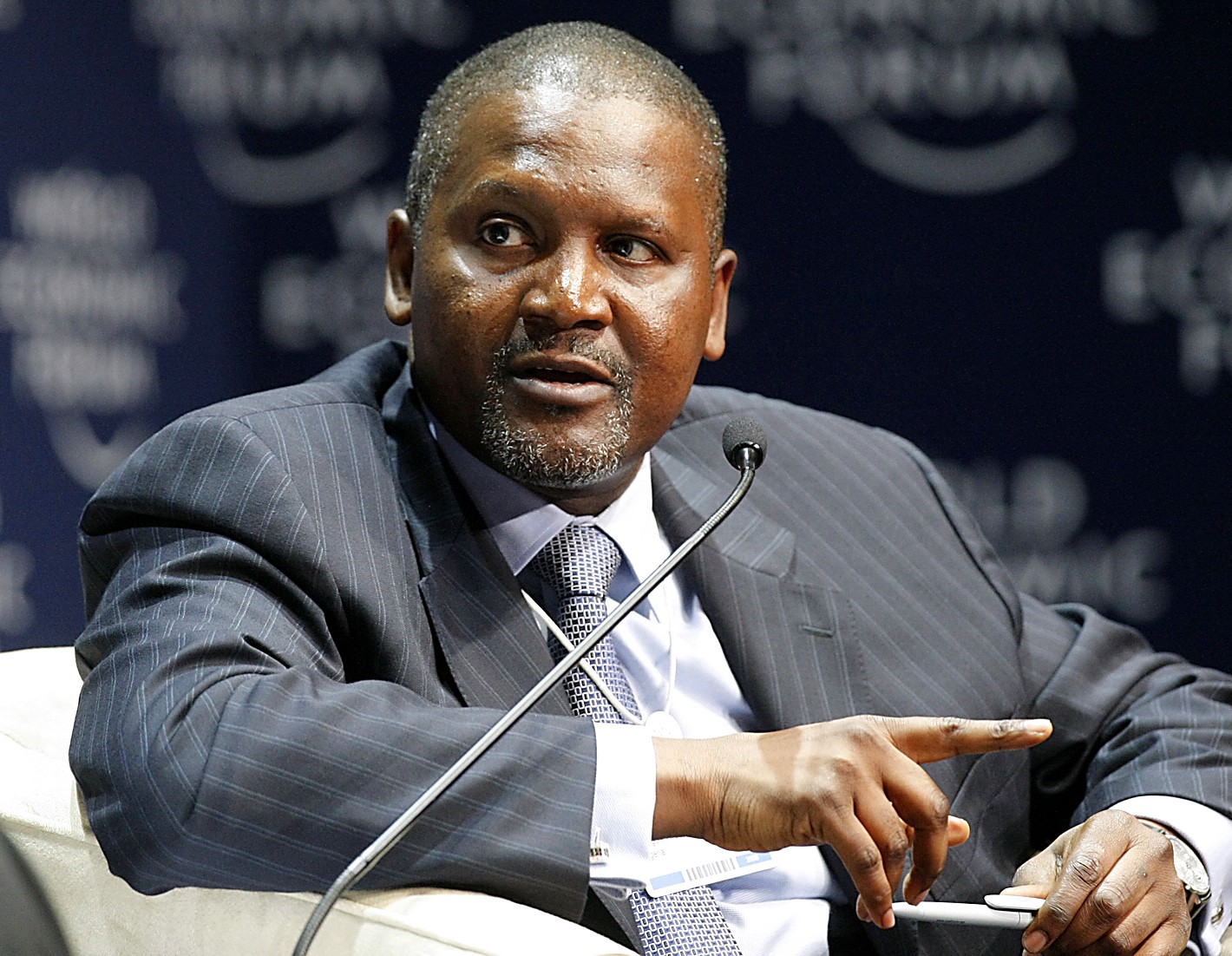
Aliko Dangote, Africa’s richest person, says Nigeria will stop importation of petrol into the country by June.
Dangote spoke at the Africa CEO Forum Annual Summit in Kigali on Friday.
He said the country should end petrol imports by June when Dangote refinery commences production of the product.
“Right now, Nigeria has no cause to import anything apart from gasoline and by sometime in June, within the next four or five weeks, Nigeria shouldn’t import anything like gasoline; not one drop of litre,” he said.
Consequently, Dangote said the shortfall in the supply of petrol will be addressed not only in Nigeria but other West African countries.
“We have enough gasoline to give to at least the entire West Africa. We have enough diesel to give to West Africa and Central Africa,” he said.
Dangote said there is enough aviation fuel to meet the continent’s demands, as well as export to Brazil and Mexico.
Speaking on the commencement of petrol production by the refiner, Dangote said “next month, we will be producing diesel and gasoline”.
He said the refinery would take most African crude grades.
DANGOTE SAYS REFINER WILL NOT FOCUS ONLY ON PETROLEUM PRODUCTS
Dangote said the refiner would not only focus on producing petroleum products.
“Today, our polypropylene and our polyethene will meet the entire demand of Africa and we are doing base oil, which is to do like engine oil,” he said.
“We are doing linear benzyl, which is raw material to produce LLB, which is raw material to produce detergent. We have 1.4 billion population and nobody is producing that in Africa.”
He said all the raw materials detergents are being imported into Africa, adding that the refinery is producing these raw materials to make Africa self-sufficient.
“As I said, give us three and a maximum of four years and Africa will not, I repeat, not import any more fertilizer from anywhere. We will make Africa self-sufficient in potash, phosphate (even if we don’t have enough, there is a lot in Morocco. But we are also looking at the opportunities,” he said
“For our urea, we are at three million tonnes and in the next twenty months, we will be at six million tonnes of urea which is the entire capacity of Egypt.”
The business mogul said the refiner has 650,000 barrels per day, one million tonnes of polypropylene, 590,000 carbon black — the raw materials ink, dyes and others.
Dangote said the second phase of the refinery will start early next year.
Business
Customs FX rate for import duties rises to N1,530/$
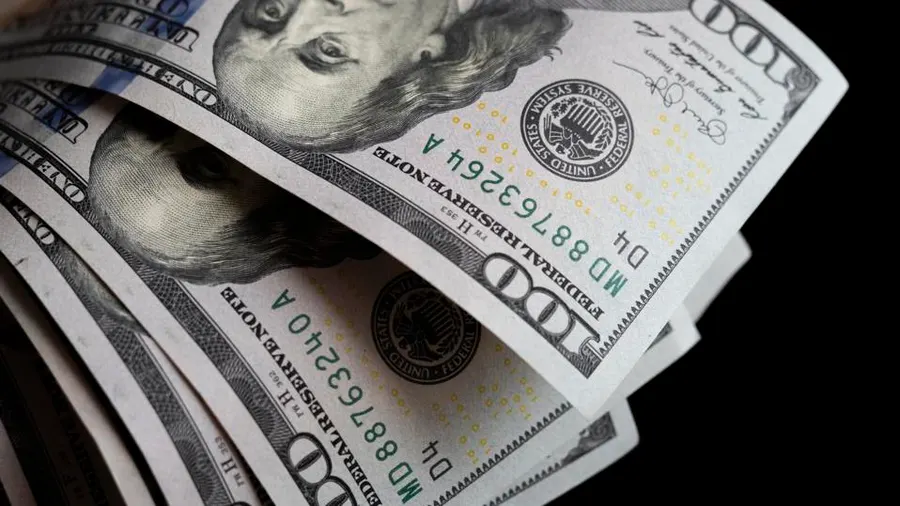
The Nigeria Customs Service (NCS) has adjusted the foreign exchange (FX) rate for import duties to N1,530 per dollar.
This represents a 6.13 percent increase compared to the N1,441.58 adopted on May 6.
The rate adopted by customs was observed on Friday on the federal government’s single window trade portal.
Customs typically adopt FX rates recommended by the Central Bank of Nigeria (CBN) for import duties based on trading activities in the official FX market.
It was observed that the NCS rate is marginally lower than the official FX rate of N1,533/$ recorded at the close of trade on May 16.
On May 15, the Nigerian currency depreciated to N1,550 against the dollar at the parallel section of the FX market.
The parallel FX rate declined by 1.95 percent compared to the N1,520/$ reported on May 13.
On May 16, Muda Yusuf, director-general, Centre for Promotion of Private Enterprise (CPPE), advised NCS to set a quarterly exchange rate between N800/$ and N1000/$ for import duties assessment.
Yusuf said the continuous fluctuation affects inflation.
He said setting a fixed rate was necessary to reduce the pass-through effect of heightening trade costs on inflation.
Business
Naira appreciates at parallel market, official window
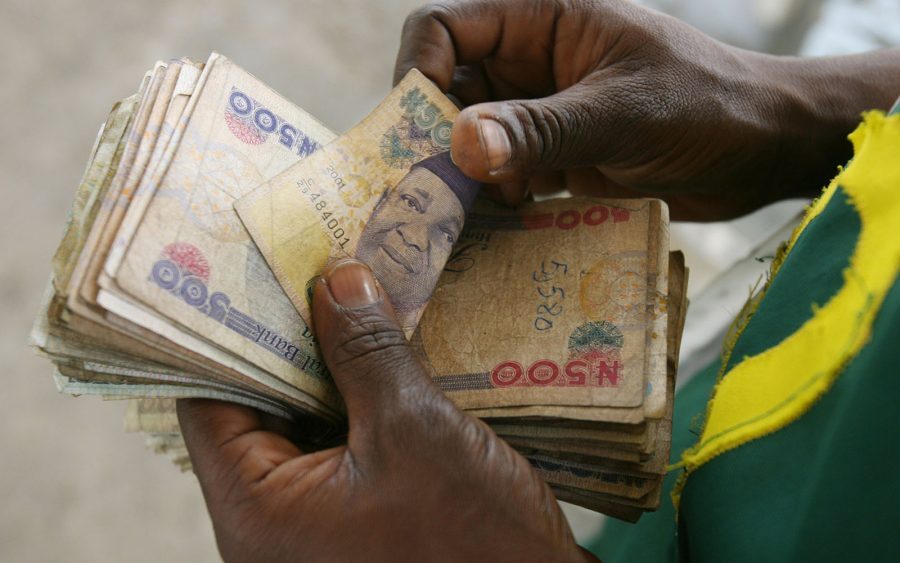
The naira appreciated in the parallel section of the foreign exchange (FX) market on Friday.
At the Lagos street market, currency traders, also known as bureau de change (BDC) operators, quoted the naira at N1,510 to the greenback.
The traders put the buying price of the dollar at N1,480 and the selling price at N1,510 — leaving a profit margin of N30.
The figure represents an appreciation of N40 or 2.65 percent from the N1,550/$ traded on May 15.
At the FMDQ Exchange, a platform that oversees official foreign exchange (FX) trading in Nigeria, the local currency appreciated by 2.45 percent or N36.66 to N1,497.33/$ on Friday — from N1,533.99/$ on May 16.
During trading hours, an exchange rate of N1,555 to the dollar was the highest rate recorded and the lowest rate was N1,415/$.
At the official window, a daily turnover of $83.50 million was recorded.
On May 16, the Centre for the Promotion of Private Enterprise (CPPE) urged the Central Bank of Nigeria (CBN) to peg the exchange rate benchmark for computation of import duty between N800 and N1,000 per dollar — to be reviewed quarterly.
Muda Yusuf, CPPE’s director-general, said this is important to lessen the pass-through effect of heightening trade costs on inflation.
-

 Entertainment1 week ago
Entertainment1 week agoTems announces release date for her debut album ‘Born In The Wild’
-

 Religion4 days ago
Religion4 days agoAllow RCCG members attend your schools for free, Lege Miami tells pastor Adeboye
-

 Entertainment4 days ago
Entertainment4 days ago“My dating era has come to an end” – Actress Susan Peters shed tears of joy as she hints at remarriage
-

 Entertainment1 week ago
Entertainment1 week agoEsther Ogbu narrates how she once slept on the floor for seven days to avoid being sexually molested
-

 Business4 days ago
Business4 days agoSMEDAN begins disbursement of N5bn loans to SMEs
-
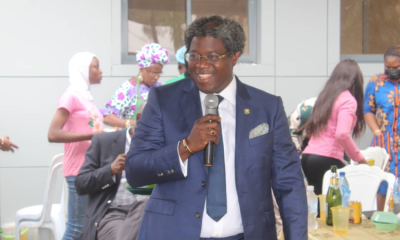
 News1 week ago
News1 week agoLagos state government introduces electronic system for 10-minute approval of building permits
-

 Celebrities4 days ago
Celebrities4 days ago‘Superstar no get money for car’ – Speed Darlington mocks Portable following his arrest (Video)
-
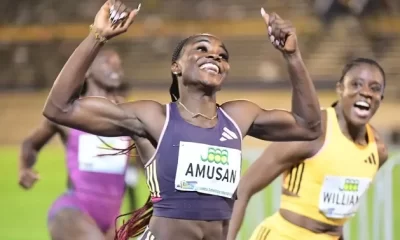
 Sports6 days ago
Sports6 days agoAmusan sets world leading record in 100m hurdles





